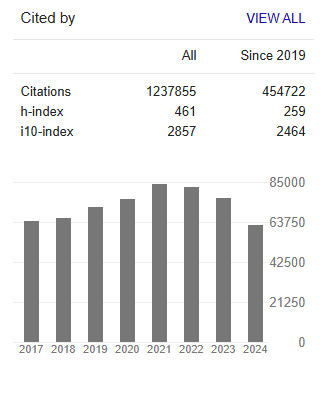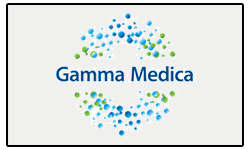Efficacy of Neem Seed Extract in the Control of Fusarium Oxysporum of Ginger (Zingiber Officinale) Explants in Tissue Culture and Micropropagation
Abstract
Kahya, S. S, Pandukur, S. G and Onyenobi, F.I
In spite the most stringent use of sterile technique during plants micro propagation, the nutrient in which the plants tissue is cultivated, is a good source of medium for microbial growth. These microbes compete adversely with the tissue culture material for nutrients. The contaminated plants culture remains a persistent problem that results to losses ranging from small number of cultures to the catastrophic lost of the whole batches of culture media and tissue cultures. The study shows the number of ginger explants initiated revealed that 62.5% were contaminated with Fusarium oxysporum which signified that these isolates constitute the major contaminants in the micropropagation of ginger which originated from the field or green house, 16.7% were contaminated with other organisms, while 20.8% uncontaminated culture tubes. The neem seed extract of water and ethanol extract at concentration of 0.5, 1.0, 1.5, 2.0 and 2.5mg/ml were compared against Benlate; a commercially available fungicide for their antifungal activities against mycelium growth of Fusarium oxysporum. The results shows that the concentrations at 2.5mg/ ml of both Benlate and ethanol neem seeds extracts were highly effective in inhibiting the mycelium growth of F. oxysporum of 56.0mm and 55.6mm respectively. This is significantly (P<0.05) higher than the water neem seed extracts across the concentration levels. The concentrations at 2.0mg/ml of Benlate and ethanol neem seeds extracts were significantly effective for inhibiting F. oxysporum than their corresponding water extracts with the highest inhibition of 28.0mm at 2.5mg/ml. The result thus, indicates ethanol neem seeds extracts at 2.5mg/ml could be used to inhibit mycelium growth of Fusarium oxysporum to substitute Benlate. The use of antibiotics to control latent bacterial contamination in tissue culture techniques has disadvantage, they are usually heat-labile and often phototoxic and only effective against bacteria not fungi. The addition of antibiotics to tissue culture medium causes reduction in vigour, chlorosis in propagated plantlets and capable of altering the behavior of culture medium. Therefore, the use of ethanol neem seed extracts also has an added advantage of been an organic material in the medium and effective with the occurring benefit of non toxicity to the growth of in- vitro cultures.




